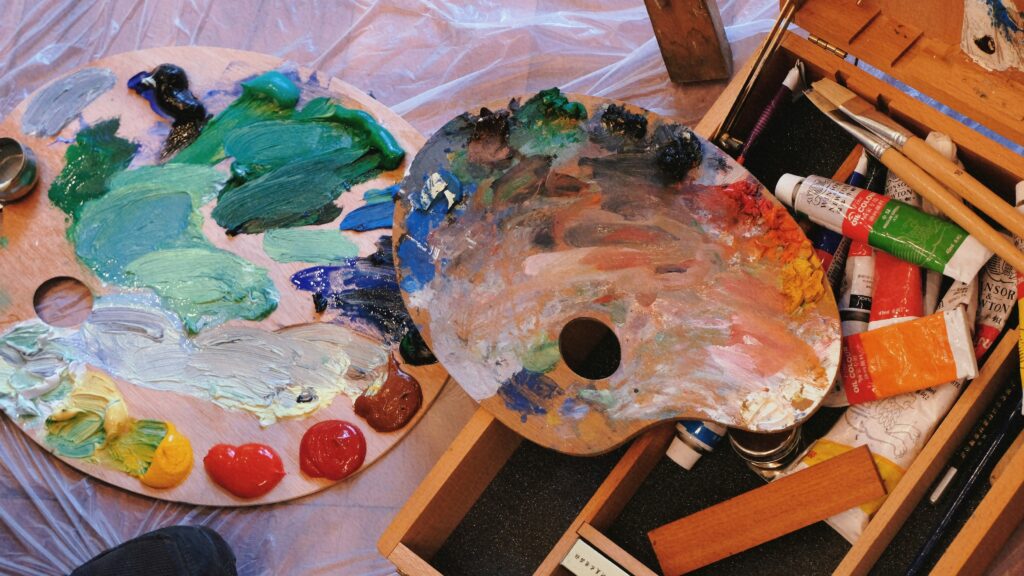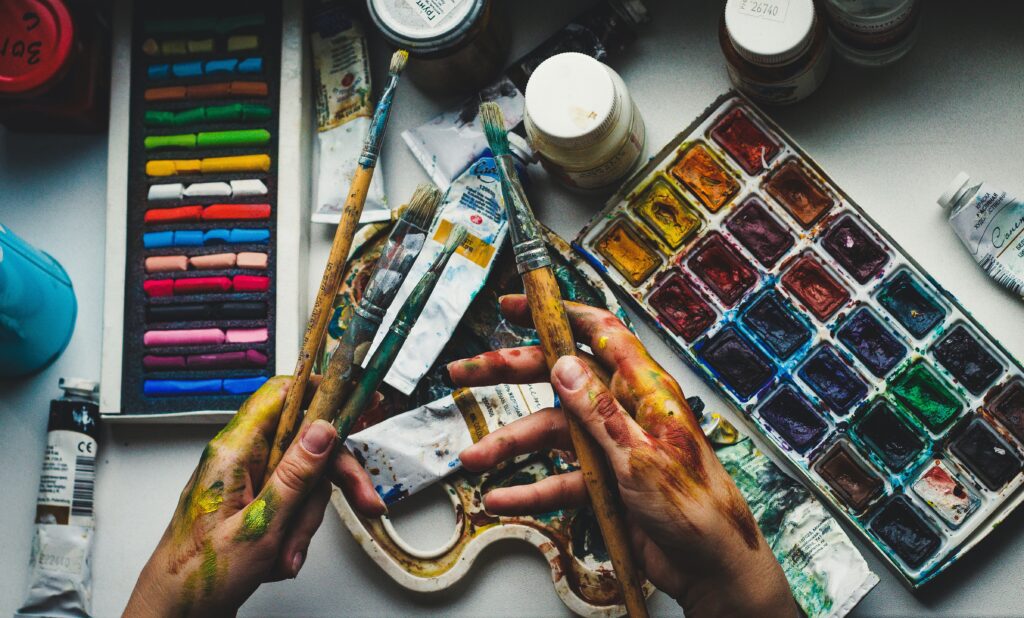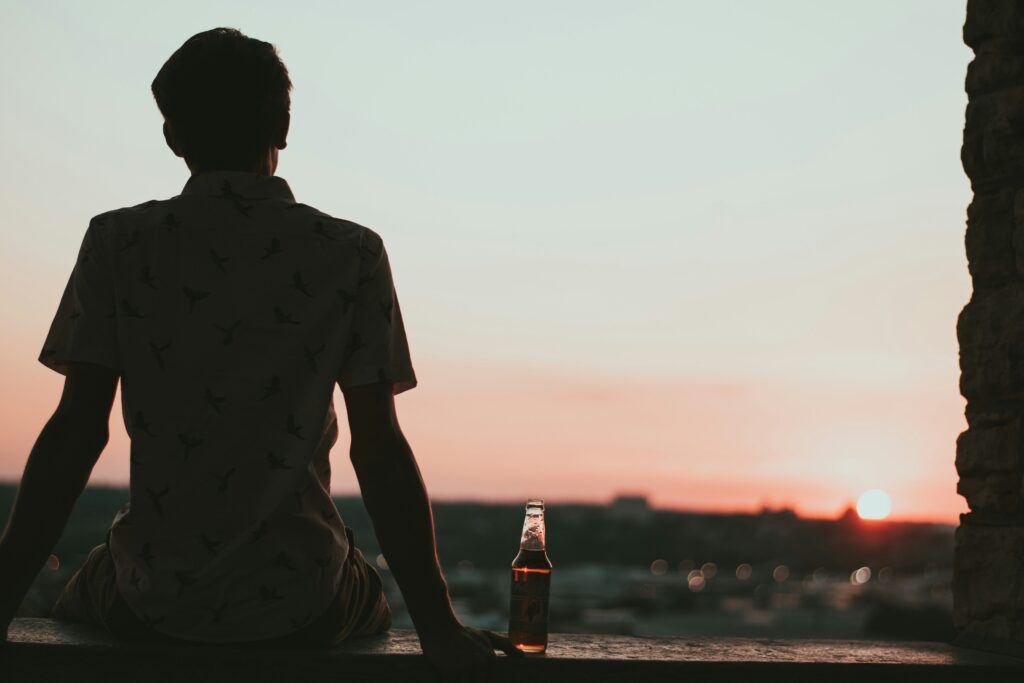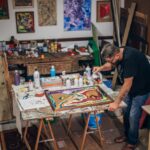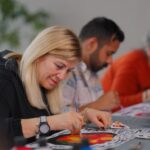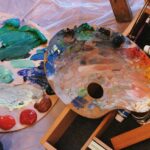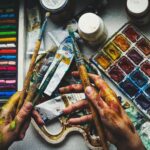Now Reading: Art Therapy Workshops for Substance Abuse: A Creative Path to Healing
-
01
Art Therapy Workshops for Substance Abuse: A Creative Path to Healing
Art Therapy Workshops for Substance Abuse: A Creative Path to Healing
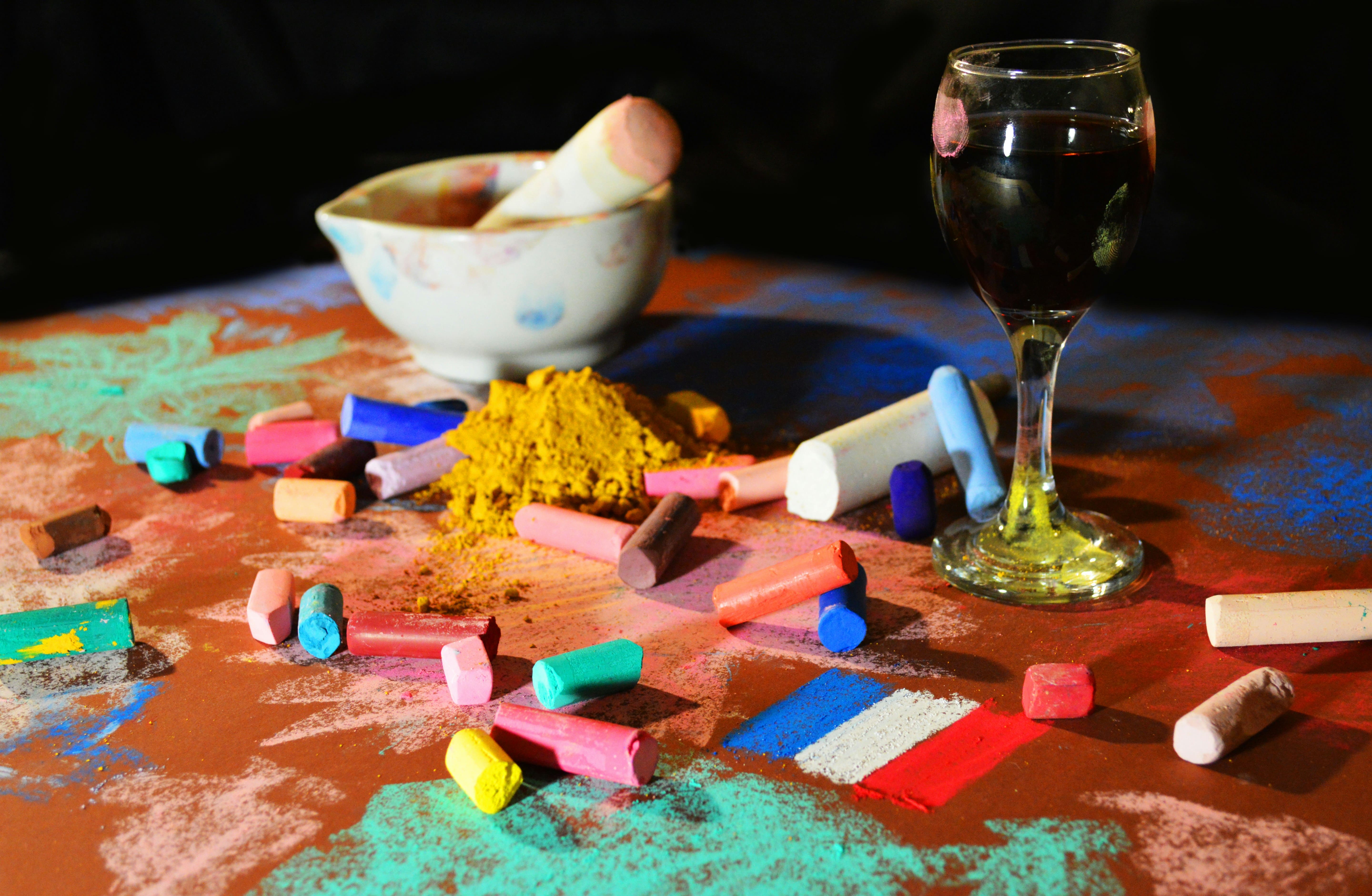
Introduction
Substance abuse recovery is a deeply personal and often challenging journey. While traditional treatments like counseling and medication play vital roles, creative approaches such as art therapy workshops for substance abuse offer powerful, complementary support. These workshops provide safe, non-verbal outlets for emotional expression, reduce stress, and help individuals reconnect with themselves. In this article, we’ll explore how art therapy workshops foster emotional healing and why they are increasingly used in addiction recovery programs.
What Is Art Therapy?
Art therapy is a form of psychotherapy that uses visual arts—like painting, drawing, or sculpture—to help people express emotions they may struggle to put into words. It’s not about artistic skill. Instead, it focuses on using the creative process as a tool for healing and self-discovery.
According to the American Art Therapy Association, art therapy helps individuals “explore feelings, reconcile emotional conflicts, foster self-awareness, and enhance social skills”—all essential for substance abuse recovery.
Why Use Art in Substance Abuse Recovery?
Substance use disorders often mask or numb emotional pain. Many people turn to drugs or alcohol to cope with trauma, anxiety, depression, or other underlying mental health challenges. Art therapy workshops for substance abuse help individuals face these emotions head-on, but in a safe and supportive environment.
Creative expression allows people to:
- Process trauma without needing to talk about it immediately
- Reduce anxiety and manage stress
- Build self-esteem
- Discover inner strengths
- Express feelings of guilt, shame, or anger in a non-destructive way
By creating art, individuals start to reconnect with their identities beyond addiction.
The Role of Workshops in Recovery
Art therapy workshops differ from individual sessions because they often involve group settings. Group workshops offer unique benefits:
- Shared experiences: Participants realize they are not alone in their struggles.
- Community building: Creating art together fosters connection and reduces isolation.
- Peer encouragement: Feedback and support from others can build confidence and motivation.
In workshops, trained art therapists guide participants through structured activities. These may include journaling through images, drawing emotions, creating masks to represent different selves, or crafting vision boards for future goals.
Popular Art Therapy Activities in Substance Abuse Workshops
1. Emotion Wheels
Participants draw and label different emotions in color-coded sections. This visual tool helps individuals recognize and name complex feelings, often for the first time.
2. Before and After Drawings
This involves drawing life before addiction and what recovery might look like. It offers insight into progress and future goals.
3. Clay Sculpting
Sculpting allows people to work with their hands and bodies, grounding them in the present moment. It’s especially helpful for those struggling with anxiety or restlessness.
4. Collage Creation
Using magazines and cutouts, participants build a visual representation of their dreams, strengths, or personal values. Collages foster positive self-reflection and hope.
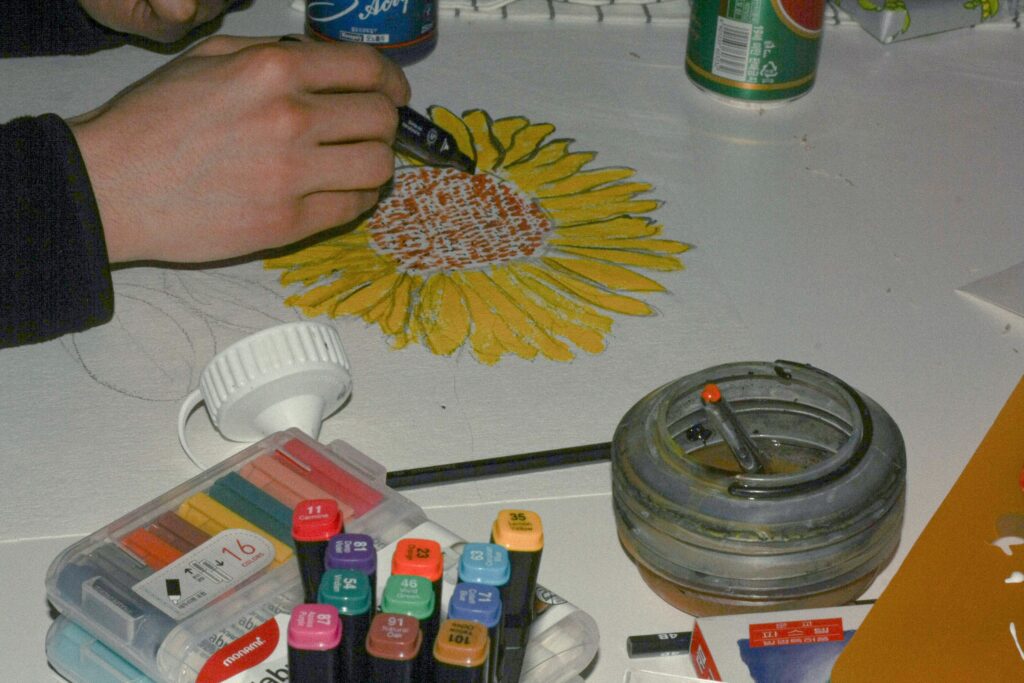
How Art Therapy Reduces Stress and Triggers Healing
Engaging in art stimulates the brain’s prefrontal cortex, which governs decision-making and emotional regulation. It also calms the amygdala, the brain’s fear center. This neurological shift can:
- Lower cortisol (stress hormone) levels
- Promote relaxation
- Improve mood and focus
A 2016 study published in the Journal of the American Art Therapy Association found that just 45 minutes of art-making significantly reduced cortisol levels, even in participants with no prior art experience【source】.
In addiction recovery, lowering stress is critical. Stress and emotional overwhelm are common relapse triggers. Art provides a healthy outlet to manage both.
Integrating Art Therapy with Traditional Treatment
Art therapy workshops for substance abuse are not a replacement for traditional recovery methods. Instead, they complement approaches like cognitive behavioral therapy (CBT), 12-step programs, and medication-assisted treatment (MAT). Many rehab centers now offer integrated programs that include creative therapies to support holistic healing.
For example, a participant might attend individual counseling in the morning, then join a group art therapy workshop in the afternoon. The emotional breakthroughs from the workshop often fuel deeper conversation in therapy.
Benefits Backed by Research
Art therapy is not just anecdotal; it’s evidence-based. Research shows it can:
- Improve emotional regulation in people recovering from addiction
- Enhance communication in those who struggle to verbalize feelings
- Decrease symptoms of depression and anxiety, which often co-occur with substance abuse
- Increase treatment retention rates due to improved engagement and satisfaction
A study published in Frontiers in Psychology (2020) found that incorporating creative therapies into addiction treatment led to better emotional awareness and reduced relapse rates【source】.
Testimonials from Real People
Many individuals in recovery credit art therapy as a turning point in their healing journey.
“Art therapy helped me process things I couldn’t talk about. I could finally let go of shame without having to say it out loud.” – Maria, 38, sober for 14 months
“In group art sessions, I felt safe. It reminded me I was still creative and had something to offer beyond my addiction.” – Daniel, 27, in early recovery
These testimonials reflect the deeply personal and transformational nature of creative work during recovery.
Final Thoughts: Creativity Heals
Art therapy workshops for substance abuse provide a unique and powerful way to heal. They bridge the gap between emotional pain and personal growth through expression. These workshops offer more than just a creative outlet—they create connection, build self-awareness, and help individuals take ownership of their recovery journey.
In a world where recovery often focuses on what’s broken, art therapy helps people see what’s still whole.
Key Takeaways
- Art therapy workshops for substance abuse support emotional healing and self-expression.
- Activities like drawing, collage, and sculpting help reduce stress and uncover inner strength.
- Research shows art therapy improves mood, increases treatment retention, and reduces relapse risk.
- Group settings foster community and peer support.
- Integrating art therapy with traditional treatment leads to holistic, long-lasting recovery.
If you’re looking for a new way to support yourself or someone you care about through recovery, consider the creative power of art therapy workshops for substance abuse. Sometimes, the most healing words are the ones we paint, sculpt, or draw.
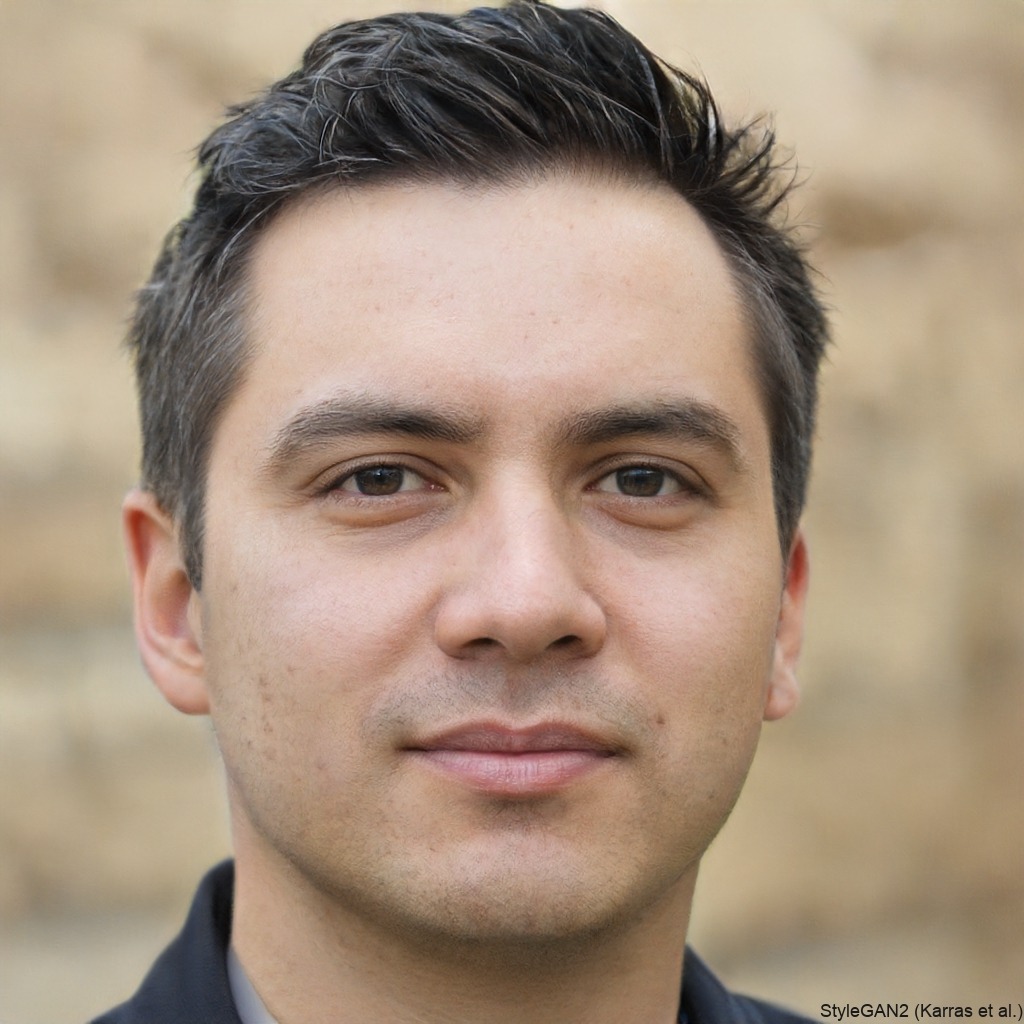
Kevin Fletcher is a seasoned writer with over 10 years of experience crafting engaging and informative content in the health, fitness, and wellness industries. Passionate about helping readers live healthier lives, Kevin combines research-backed insights with practical tips to inspire positive change.












